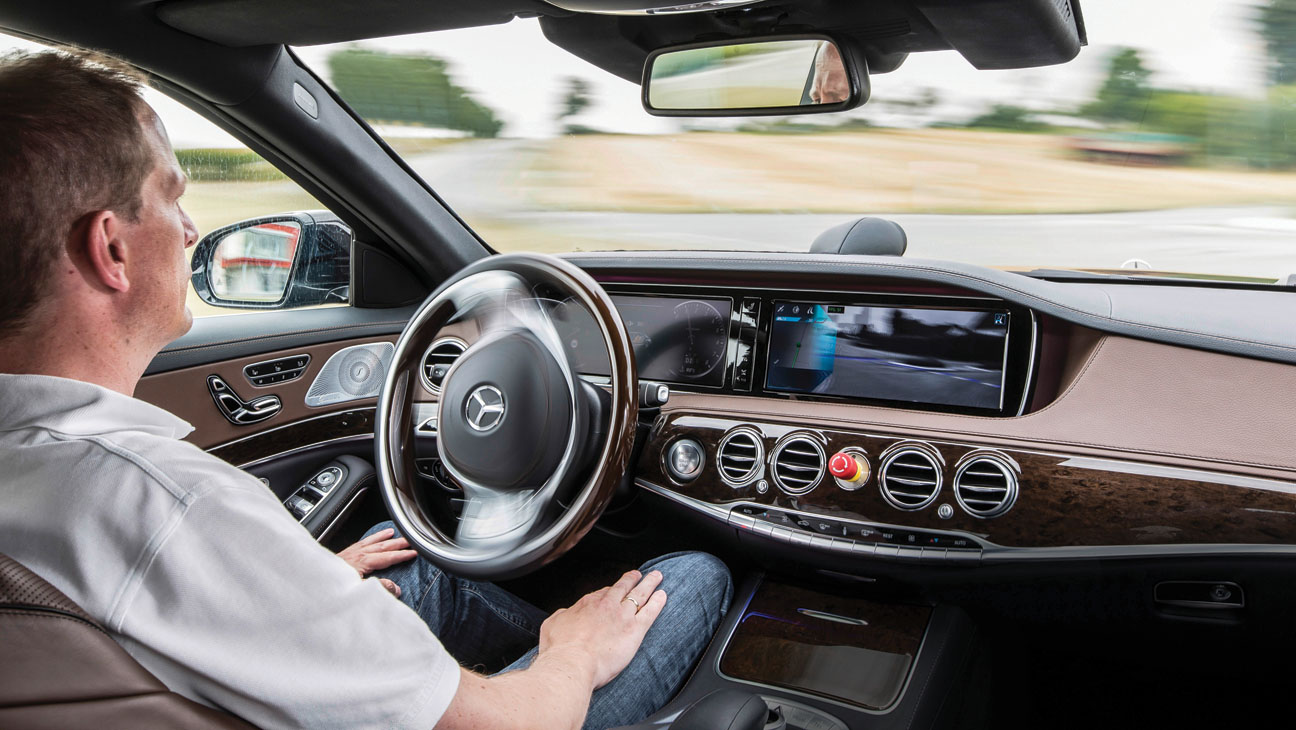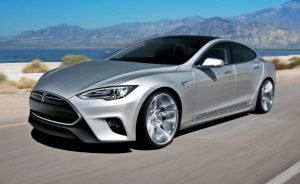
Here in the UK we hear lots about the need to grow the economy but a lot less about how to do it.
If we want to develop an innovative society we need look no further than Silicon Valley which is the most successful example on earth.
Silicon Valley has key attributes which are key to its success in generating billions of dollars in revenue & employing thousands of talented Engineers who earn enviable salaries. These attributes are not immediately obvious:-
- It may surprise many to learn that Silicon Valley has a strong military connection particularly with the U.S Navy, many early innovations were as a result of collaboration on Radio & communications systems leading to the Arpanet the direct forerunner of todays Internet. Some of today’s smartest innovative individuals work in the Defence Industry so it would be obvious to cultivate those links.
- The presence of an Internationally renowned eduction establishment – Princeton – has been key to the ‘Valleys’ success. Princeton has developed & encouraged technically educated entrepreneurs to start & grow numerous successful enterprises.The U.K has some of the world’s leading Institutes, unfortunately recent government policy seems to make it increasingly unviable to survive economically as a Student so the reversal of that trend is another positive.
- People may be surprised to learn that Silicon Valley is the home to numerous large Law firms whose accessibility has allowed start ups to quickly resolve disputes & grow rapidly. We can learn a lot here.
- Over 30% of SV residents are immigrants. The ability to welcome International migrants who are highly skilled & educated creating a multinational society of entrepreneurs & Engineers is a key component to success. This requires a sensible proactive immigration/visa policy which addresses the need for skilled Engineers whilst improving our domestic training & development policies.
- There are many Venture Capital firms in the area which provide key access to funding to ensure prosperity & growth. This seems to be a major gap in the UK where the access to venture capital is constrained.
All of these key components are essential if an Innovative Society is to thrive & grow generating huge revenue & employment prospects.
Chris@amberhill.biz
www.amberhill.biz



 The world of Artificial Intelligence (AI) is rapidly evolving and becoming increasingly important in our lives. AI is a form of technology that enables machines to think and act like humans, and it has the potential to revolutionize the way we live and work.
The world of Artificial Intelligence (AI) is rapidly evolving and becoming increasingly important in our lives. AI is a form of technology that enables machines to think and act like humans, and it has the potential to revolutionize the way we live and work. The U.K Governments decision to ban the sale of new petrol & diesel cars by 2030 presents some real challenges for the UK Automotive industry. A development lifecycle of 5-7 years is not unusual for a brand new model & when we are looking at a whole different powertrain & chassis with the consequent implications for production assembly then we are talking major developments.
The U.K Governments decision to ban the sale of new petrol & diesel cars by 2030 presents some real challenges for the UK Automotive industry. A development lifecycle of 5-7 years is not unusual for a brand new model & when we are looking at a whole different powertrain & chassis with the consequent implications for production assembly then we are talking major developments. Wow!! – 2020 – you couldn’t make it up; so where are we headed in 2021?
Wow!! – 2020 – you couldn’t make it up; so where are we headed in 2021? 5.1 Million
5.1 Million Nissan recently returned to work at it’s Sunderland Plant following an announcement about a post Covid worldwide restructuring which will see the closure of its Barcelona Plant & commitment to Sunderland as a manufacturing centre for Quashqai & Juke SUV’s & could also produce their Renault counterparts the Kadjar & Capture.
Nissan recently returned to work at it’s Sunderland Plant following an announcement about a post Covid worldwide restructuring which will see the closure of its Barcelona Plant & commitment to Sunderland as a manufacturing centre for Quashqai & Juke SUV’s & could also produce their Renault counterparts the Kadjar & Capture. — Geely group has invested in Lotus heavily & the company has a tight well targeted product range including the fantastic new all electric hypercar the Evija. The company has also benefited from picking up a number of talented & experienced engineers from JLR.
— Geely group has invested in Lotus heavily & the company has a tight well targeted product range including the fantastic new all electric hypercar the Evija. The company has also benefited from picking up a number of talented & experienced engineers from JLR. A recent survey in
A recent survey in  the industry did little to improve fuel efficiency until the oil crisis of the early 1970’s brought about the demise of gas guzzling V8’s & V12’s.
the industry did little to improve fuel efficiency until the oil crisis of the early 1970’s brought about the demise of gas guzzling V8’s & V12’s.